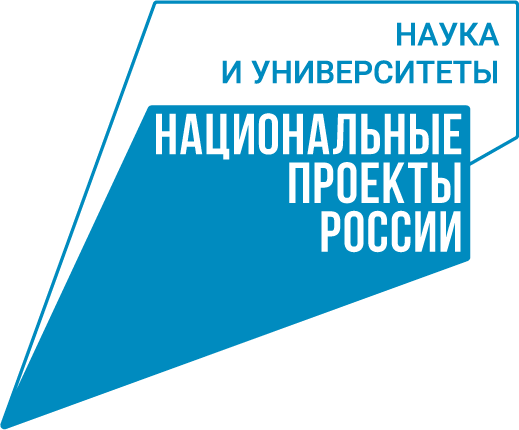The rapid implementation of digitalization in the Russian economy is becoming an increasingly urgent task, and the demand for project managers in this area is constantly growing. Ural Federal University’s Master’s program “Smart Region: Sustainable Development in the Digital Economy” is designed to fill the deficit in such personnel.
The specifics, opportunities and unique advantages of the program were described today at the TASS-Ural press center by Evgeny Gurarii, Assistant Plenipotentiary Representative of the President of the Russian Federation in the Urals Federal District and head of the educational program, as well as Mikhail Ponomarykov, Minister of Digital Development and Communications of the Sverdlovsk Region, and Alexandra Iskhizova, Director for Corporate and Government Segments of Rostelecom in the Urals.
According to Evgeny Gurarii, the Smart Region educational program is based on an interdisciplinary framework combining skills and competencies in economics, finance and management, business analytics, digital technologies, public administration, urban planning, housing and utilities, and sociology.
“The purpose of the program is to meet the demand for specialists in the implementation of digital projects for the benefit of territories,” says Gurarii. “We have sectors whose activities directly affect the development of cities and regions: housing and utilities, electricity, logistics, social sector, healthcare, and education. The role of digitalization here is great, and the tasks of implementing digital solutions are of the utmost importance. To achieve success in implementing such projects, we need competent managers”.
The Smart Region program consists of a large number of modules. In particular, there is a module dedicated to digital twins and how they are implemented in a particular industry. A separate module is focused on BIM and SIM technologies in development and construction. There are modules dedicated to big data and basics of Python programming.
“The program aims to provide key skills related to how this or that technology works, how much it costs and how it can be used,” emphasizes Eugeny Gurarii. “And the students are given the skills and abilities to manage a digital project from development to implementation and maintenance.”
An important factor in the success of the program is partnership with business. The key partner here is Rostelecom company, which verifies the content of the educational program and gives recommendations for its improvement.
“We have been working with UrFU for a long time, our speakers helped to form the curriculum for the three key blocks: digitalization of business, financing of such programs and interaction between business and the state in terms of digital transformation,” says Alexandra Iskhizova. “It is very important that a student of the program gets competencies not only from the theoretical part, but also from the practical part. As part of the course, Rostelecom provides an opportunity for internship and in-depth study of already implemented projects. An important advantage is that we have experience of working not only in one federal district, but throughout the country. We are interested in producing really high-quality specialists in this field”.
This year the program will enroll its third cohort; 17 state-funded places are waiting for applicants. Those wishing to enroll must submit documents and take entrance tests, all of which can be done online.
“There is a deficit of specialists in this area in our region at the moment,” adds Mikhail Ponomarkov. “This also applies to specialists who are not directly related to IT. We need professionals who understand digitalization and software products. We have every civil servant working with some software products, digital services, and here we see a real need for additional education of specialists. In Russia as a whole, the shortage of IT workers ranges from 500,000 to 1 million people. In the Sverdlovsk region, the shortage of such professionals is about 5.5 thousand people”.
Eduard Nikulnikov

